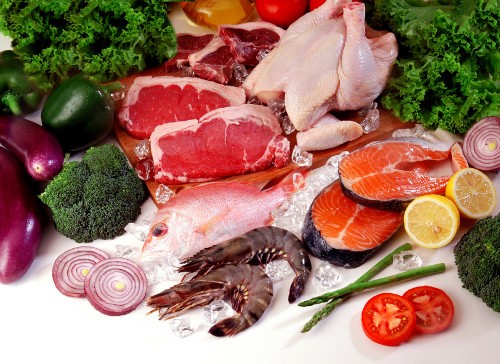Rehydration and refuelling

Restoration of body fluids is a key part of any recovery strategy (Kovacs 2011). Dehydration can affect both performance and recovery negatively and so hydration is a key factor for recovery strategies to focus on. Some key considerations of proper rehydration include;
- The volume of fluid lost through sweating during exercise needs to be replaced and this can be simply estimated using a before and after activity weighing of the player.
- A drink with circa 6-8% carbohydrate will aid in increasing the rate of absorption of water in the body and will also replace some of the carbohydrate stores lost during activity
- Adding electrolytes such as sodium helps replace the salts lost during sweating and allows the bodies water balance to be effectively restored (Shirreffs 2009)
In conjunction with rehydration, nutritional strategies are crucial for refuelling the body after training or competition. Re-synthesis of muscle energy stores and repair of muscle tissue damage should be prioritised following each match in order for players to recover (Dziedzic and Higham 2014).
The energy demand of a rugby game will use up glycogen stores in the body to produce energy and so they will need to be replenished. Sports drinks or more solid food like bread, pasta or porridge are good ways of getting carbohydrates into the body to top up the glycogen stores. The damage to muscle caused by the physicality of the game of rugby is a key issue to be addressed in the refuelling strategies. Protein needs to be ingested in order to aid the repair of the damaged muscle (Dziedzic and Higham 2014). Milk, protein powders, chicken and tuna are all common sources of protein that could be ingested after activity. Some nutritional guidelines for players include:
- Eating a variety of foods from the different food groups
- The split of nutrients should be approx. carbohydrates – 60%, protein – 15% and fats 25%. (This is an approximate split as individuals may have different needs)
- Fats are essential to consume and should be from sources like, fish, eggs, avocado and nuts
- A high protein intake can be useful during periods of very intense training but generally protein intake should be 1-1.6 grams per kilo of body weight to help repair the muscles
- Monitor weight to assess if more or less calories are needed to achieve target
- If trying to gain or lose weight a well-planned diet should result in no more than 0.5-1kg weight loss or gain each week
- Players should be encouraged to eat and drink immediately after training/game to enable replacement of lost nutrients